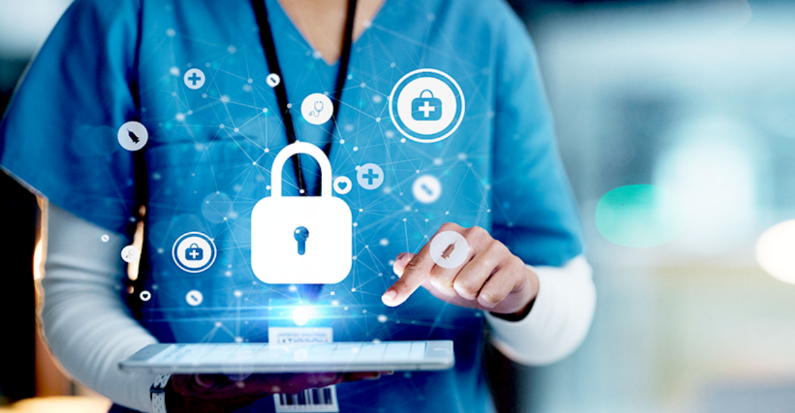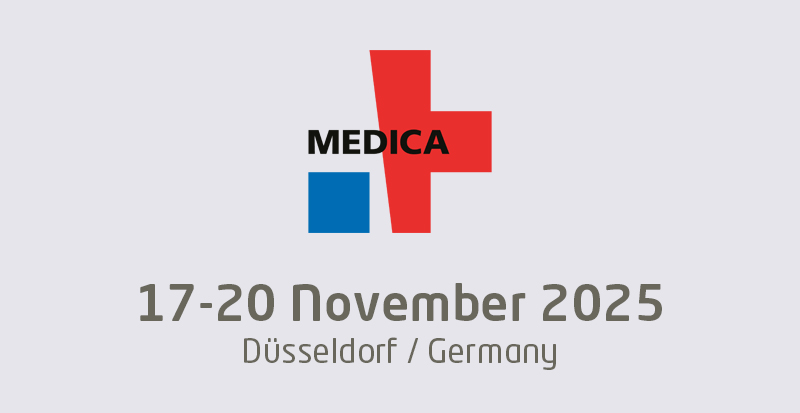Hospital employees are increasingly using mobile devices — tablets, smartphones, and occasionally wearable computers such as Google Glass — to access electronic medical records, both at the patient’s bedside or in the operating room. Sometimes they use the devices to show patients their X-rays or other images.
At the Beth Israel Deaconess Medical Center in Boston, doctors are just as likely to store iPads in their white coat pockets as stethoscopies.
The center’s clinicians use mobile devices — tablets, smartphones, and occasionally wearable computers such as Google Glass — to access electronic medical records, both at the patient’s bedside or in the operating room. Sometimes they use the devices to show patients their X-rays or other images.
Though it is among the first to bring Google Glass into the operating room, Beth Israel isn’t alone in its pro-technology approach. A growing group of health centers are incorporating mobile devices into medicine, allowing providers to immediately access patient information from the Internet cloud, often during examination or treatment. George Washington University plans to offer iPads to first-year medical students starting in the fall; Georgetown University requires that medical students be competent in providing care while using handheld computers.
Although supporters claim that these devices cut paper waste and keep clinicians up-to-date about patient status, detractors warn that the devices can be distracting and note that nationwide adoption is slow.
Today, Beth Israel’s staff of 12,000 tallies 2,000 iPads, 4,000 iPhones, 2,000 Android devices, two BlackBerry phones and one Windows phone. The center enforces a bring-your-own-device policy — meaning physicians, nurses and other staff are welcome to purchase devices and use them at the hospital, as long as they comply with Beth Israel’s security requirements (data encryption, password protection, and the ability to wipe information from the device remotely.)
“The laptop is dead, the desktop is gone,” said John Halamka, Beth Israel’s chief information officer. Over the past couple of years, Beth Israel has been encouraging staff to use mobile devices so they can more closely interact with patients. “Having the desktop [computer] or even the laptop between you and the patient is a negative experience,” he said. “It’s really easy to invite your friends [to see] your iPad.”
Depending on their daily routine, clinicians buy the device that best fits their workflow, Halamka said. Nurses who need to view charts and tables favor iPhones. Physicians who enter patient data into medical records prefer iPads or tablets with large keyboards; they also prefer large screens to show patients X-rays or charts. And since December, Beth Israel’s emergency department has been using Google Glass so that they can examine patients while using voice control to scroll through relevant medical records.
“It turns out we have had several lives saved with the use of mobile devices at [patients’] bedside,” Halamka said. When a patient arrives unconscious, for instance, emergency staff can use Google Glass to look up medical records, identifying serious allergies before administering medication.
Nurses also use their phones to scan bar codes on patient medication to ensure that the right medication is being administered to the right person, Halamka said.
The center has had to adjust to the influx of mobile devices. Clinicians are now required to disinfect devices in between patient visits to prevent germs from spreading. And a couple of years ago, the emergency department reported that devices — often quite expensive — were being stolen in between shifts, so Beth Israel installed large safes where clinicians could store and charge them.
Still, adoption of mobile devices is gradual. Today, about 41 percent of clinicians reported regularly using all device types — tablets, smartphones and computers — in practice, according to a recent survey conducted by medical software company Epocrates.
























